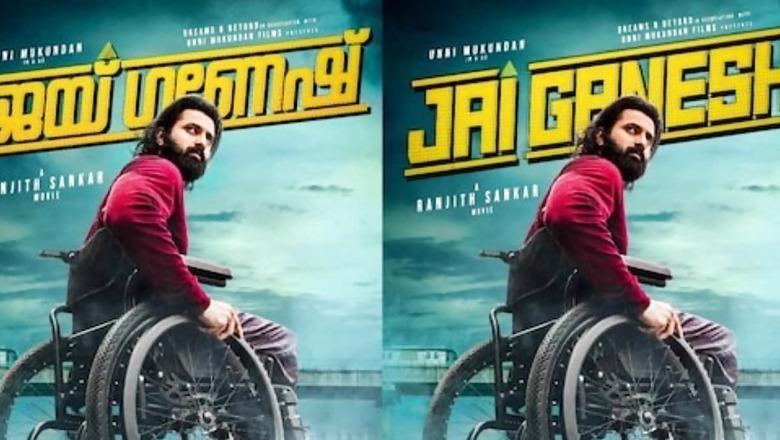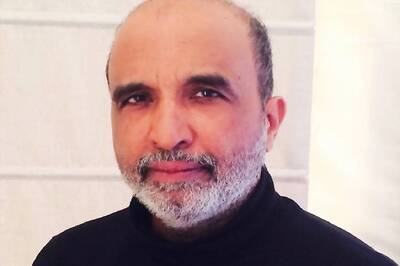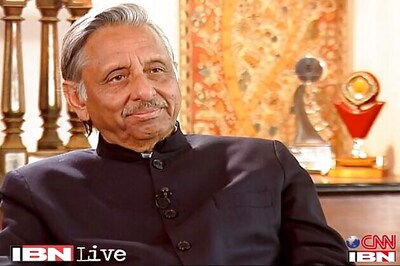
views
Vladimir Ilyich Lenin once emphasised the importance of two pillars for the Soviet state to thrive. The first pillar involves shaping mass opinion in favour of the regime, while the second pillar relies on coercion and the use of brute force. Over time, many communist nations have moved away from the latter pillar, renouncing violence, and opting for the former as a more sustainable and convenient approach. This shift gave rise to the communist propaganda machinery of the 20th century, which spread globally.
Drawing inspiration from these propagandas that circulated through socialist India post-independence, a small state in the southern tip of India began embracing communism after its first general elections. In addition to the first two pillars, this state has introduced a new pillar, characteristic of the 21st century – the widespread degradation of all opponents through social media.
The Marxist state has utilised dramas and festivals as a means to propagate communism throughout the state since the 1950s. This was achieved through the production of influential dramas such as ‘Ningalenne Communistakki’ (meaning: ‘You made me a communist’). This outreach eventually allowed them to gain control over media propaganda by dominating public news outlets. The Marxist party was one of the first to establish a newspaper and even a TV channel. The split within the Communist Party of India and the subsequent rise of the Marxist party occurred later on. Assets were divided, and the two parties began to diverge until the formation of the Left Democratic Front block in 1979. Both parties, the Communists and the Marxists, recognised the importance of controlling public opinion and nurtured their own group of intellectuals and institutions. As cinema began to attract a large audience, there arose a need to regulate the film industry.
A couple of months ago, actor Unni Mukundan revealed his upcoming movie, ‘Jai Ganesh’. This film was intended to be a family-oriented production. However, even prior to its release, the Marxist group had begun their efforts to undermine it. The focus of these detractors was not on the movie itself, but rather on Unni personally. Unni has previously worked on projects like ‘Maalikappuram’, a devotional film set around Sabarimala, and the national award-winning ‘Meppadiyaan’, which highlighted issues of Hindu land grabbing by certain communities of Kerala.
Hailing from Gujarat, the actor is not only a proud Hindu but has also been a supporter of Hindu organisations. These factors led to a backlash against him when he announced his film on August 23, 2023, during Ganeshotsav in Palakkad. Since the announcement, there have been continuous targeted attacks against the actor and his team.
This is the third principle that the Marxist state has recently incorporated into its ideologies. This phenomenon is not limited to just the film industry, but extends to all social sectors in Kerala. Any expression or communication that goes against the ideology is immediately subjected to a process of degradation.
Cinema serves as a reflection of society. It is undeniable that cinema is a powerful tool for shedding light on social issues, but it is not acceptable to misuse this medium for spreading falsehoods and propaganda. Kerala is known for its liberal values, yet it has banned the movie ‘The Kerala Story’ from being shown in theatres, labelling it as propaganda aimed at degrading the state.
Cinema is the result of the hard work of countless individuals. It is not merely a form of entertainment, but also a means of self-expression. Nowadays, numerous YouTubers in Kerala solely focus on criticising movies on their release day. Film associations like FEFKA have strongly condemned such individuals who degrade the industry. These individuals aim to promote a specific narrative through cinema, which ultimately undermines the quality of good films. While the approval of films for exhibition falls under the jurisdiction of the Central government, the regulation of theatres, dramatic performances, and cinema screenings falls under the responsibility of the state government. Therefore, when it comes to exhibiting films, the Centre can establish rules, but the state government is in charge of industry welfare.
The use of art as a tool for selective propaganda must be prevented at all costs. The collective efforts of cinema professionals should be acknowledged and respected. Cinema is a means to stay entertained. This mass medium must be safeguarded against selective degradation and manipulation for propaganda purposes and by individuals with vested interests. Only then can the cinema industry thrive. In today’s era of over-the-top content, it is crucial for all cinema enthusiasts to ensure that the medium remains free from becoming machinery of propaganda and in order to do that, selective degradation of good cinema must be prevented.
Adarsh Kuniyillam is a Parliamentary, policy and political analyst from Kerala and has supported various Members of Parliament in Parliamentary works. Views expressed in the above piece are personal and solely that of the author. They do not necessarily reflect News18’s views.




















Comments
0 comment